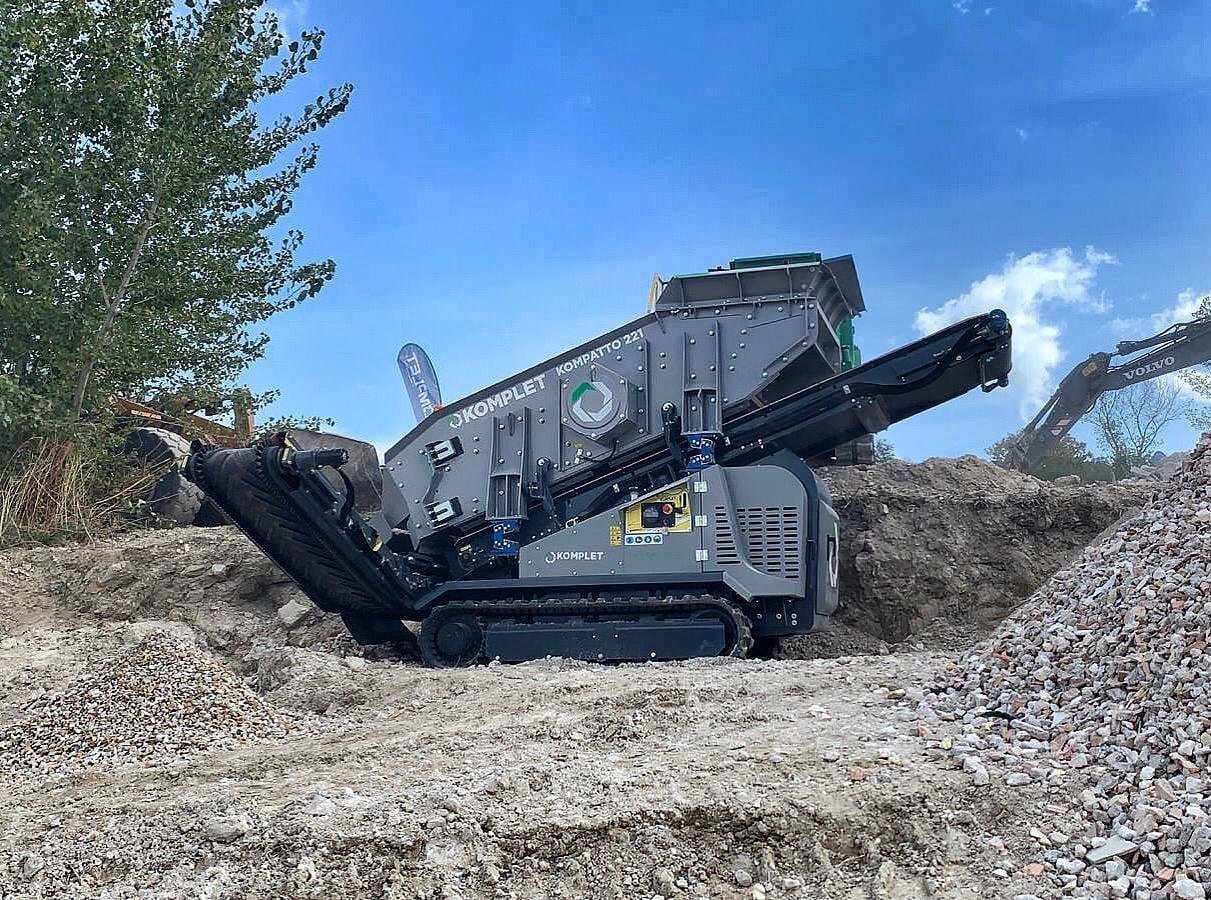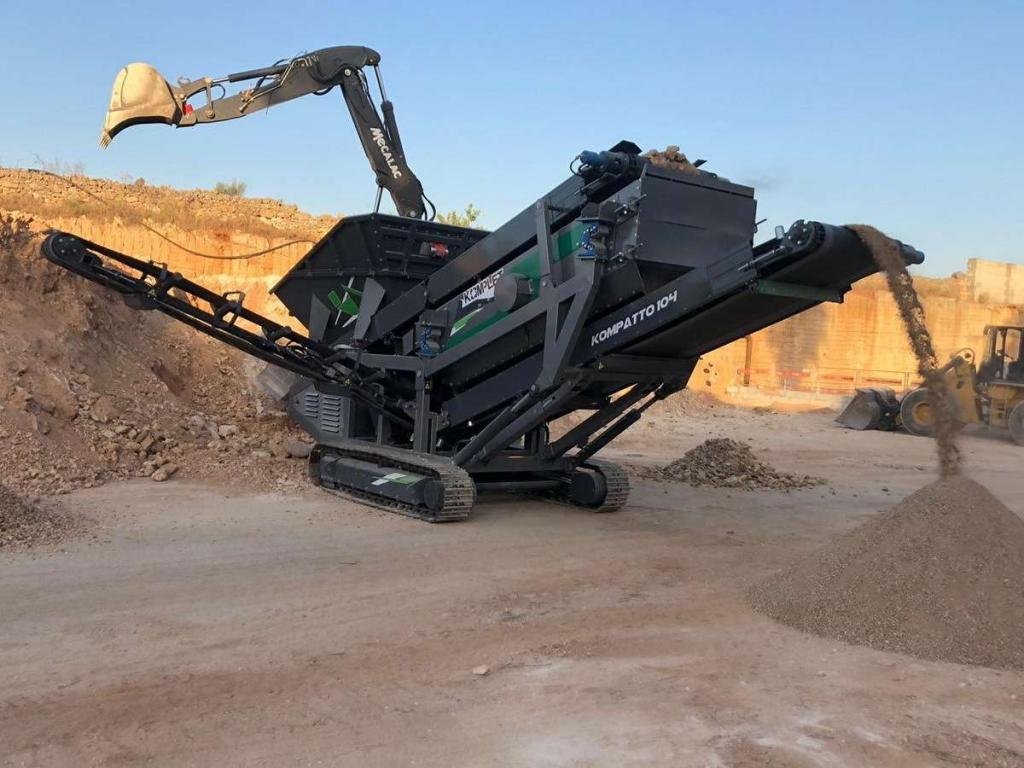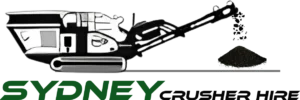
How Screeners Can Help with Solid Waste Management?
Explore how screeners, powerful sorting machines, are revolutionizing solid waste management by boosting recycling, composting, and diverting waste from landfills.
Introduction
Every day, you generate a staggering amount of trash. Landfills are overflowing, and the environmental consequences are dire.
But amidst this growing problem, a simple yet powerful tool emerges: screeners.
These tools are useful in solid waste management and important in diverting waste from landfills and promoting a more sustainable future.
This blog will let you know about the screeners, exploring how they work, the different types used, and their significant impact on solid waste management.
The Power of Separation: How Screeners Work
At its core, a screener is a mechanical device that separates materials based on size. Imagine a giant sifter, sorting your household waste into different piles. Solid waste facilities utilize various types of screeners, each with its own strengths.

Trommel screens
These large, rotating drums have perforated mesh walls. As the waste tumbles inside, smaller materials fall through the holes, while larger items continue through the drum.
Disc screens
These flat, spinning discs with varying sized openings separate materials as they pass over the surface.
Vibratory screens
These screens use a vibrating motion to shake and separate materials of different sizes that fall through a series of mesh decks.
The Diverse Benefits of Screeners
The magic of screeners lies in their ability to unlock several key benefits in solid waste management:
Enhanced Recycling
Screening allows for the efficient separation of recyclables like paper, plastic, and glass from organic waste and non-recyclables.
This improves the quality of recycled materials, making them more readily usable.

Composting Powerhouse
Screeners can separate organic materials from the waste stream, creating a perfect feedstock for composting.
This reduces the amount of organic waste going to landfills, where it decomposes anaerobically, releasing harmful methane gas.
Fuel from Waste
Screening helps separate combustible materials from non-combustibles. These combustible materials can then be used for waste-to-energy processes, generating electricity from our waste stream.
Landfill Efficiency
By diverting recyclables, organics, and combustibles, screeners significantly reduce the amount of waste going to landfills. This extends the lifespan of landfills and minimizes environmental damage.
Cost Savings
Effective waste separation translates to cost savings. Recovered recyclables can be sold, while diverting organic waste from landfills reduces landfill fees.
Additionally, producing energy from waste can further reduce reliance on traditional sources.
Beyond Separation: The Future of Screening Technology
The world of screeners is constantly evolving.
Smarter Screens
Integration of sensors and automation will allow screeners to identify materials based on composition, not just size.
This will further enhance separation accuracy and efficiency.

Mobile Marvels
Compact and mobile screeners could be used for on-site waste processing at events, construction sites, or even within buildings.
The Internet of Things (IoT) Revolution
Connecting screeners to the internet will enable real-time data collection and analysis, allowing for optimized operations and improved waste management strategies.
Last to Say
Screeners are not a glamorous solution, but their impact is undeniable. By separating waste effectively, they lay the groundwork for a more sustainable future.
As technology advances, screeners from Sydney Crusher Hire have the potential to become even more sophisticated, playing a pivotal role in creating a circular economy where waste becomes a valuable resource. By embracing screeners and promoting responsible waste management practices, you can collectively move towards a cleaner, greener future.
